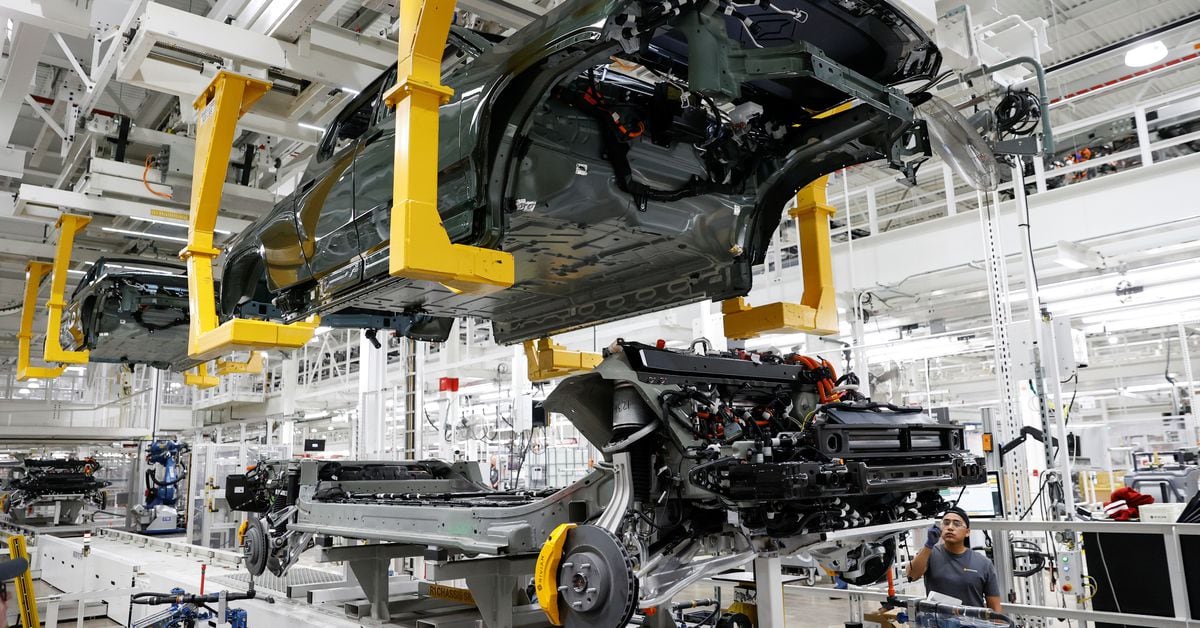- Joined
- Apr 8, 2022
- Messages
- 633
- Reaction score
- 444
- Cars
- Lucid Air Pure…eventually
At least according to the Congressional Budget Office, only 11,000 Vehicle sales are expected to qualify under the new credit terms in 2023 (assuming all get the full $7,500)
My guess is 11,000 cars will be less than 1% of total US 2023 EV sales (not including hybrids)

 www.reuters.com
www.reuters.com
My guess is 11,000 cars will be less than 1% of total US 2023 EV sales (not including hybrids)

U.S. Congress office sees few tax breaks for EVs under Democratic plan
A proposal by U.S. Senate Democrats to put income, price and domestic content conditions on electric vehicle tax breaks could initially sharply curtail the number of EVs that qualify, the Congressional Budget Office said on Wednesday.
